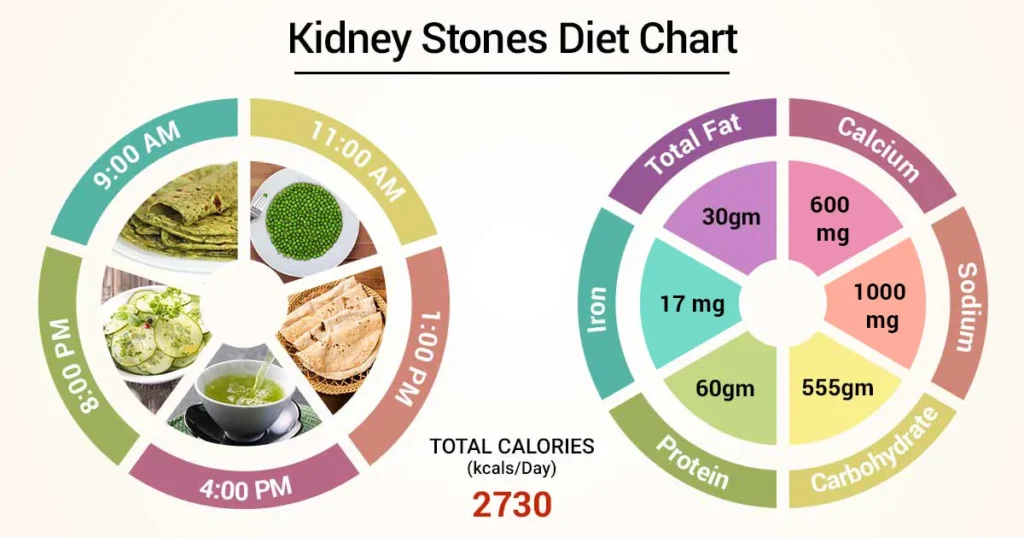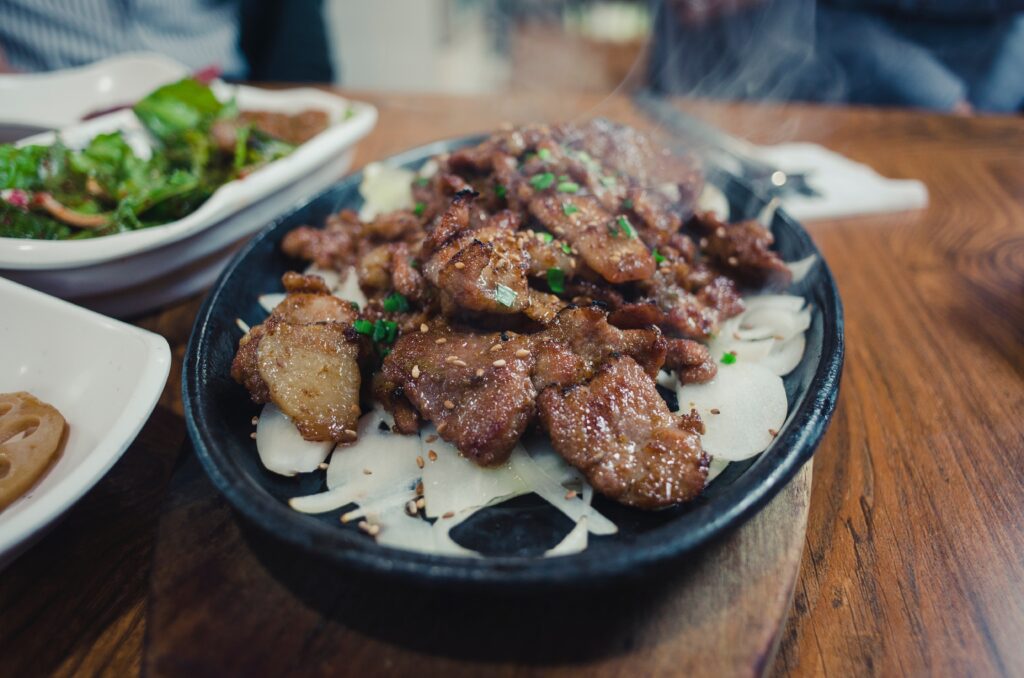What are kidney stones and how do you know if you have one?
Kidney stones are granular waste particles that come together to form stones (which may be small or large). Usually, these waste particles are flushed from the kidneys however, when enough water is not available, these waste products may start collecting and forming stones. Symptoms of kidney stones are sharp pain in the back or lower abdomen, pain while urinating, cloudy urine or blood in urine, nausea, vomiting, etc. It is ideally important to pay attention to these warning signs and seek medical guidance.

Ideally, kidneys stones are of different types and to assess the type of stone, one needs to gather the stone that is flushed out from the urine and send it for analysis in a lab. All this is done under the guidance of your doctor. Once, the type of stone is detected, the diet plan is designed in a way to avoid the formation of that type of stone.
So, herewith are some general tips to nip the stones in the bud, i.e. to avoid stones recurrence:

1. Avoid procrastination: Many times people have fear and anxiety due to pain related to the stone, its treatment which may even involve surgical procedures or recurrence. Kidney stones do recur if care strategies are not well implemented. Procrastination means delaying seeking help from a medical professional. Once you delay it, you may end up giving freedom to the stones to recur and cause further problems. SEEK MEDICAL HELP WHENEVER YOUR BODY SHOWS SIGNS OF KIDNEY STONES!
2. HYDRATE, HYDRATE, HYDRATE yourself: Stones will not form if there is enough water available to dilute the waste products. So, ideally, it is advisable to drink enough water to help your body remove these waste products. If you have developed a stone in your life, it is advisable to drink at least 3–3.5 litres of fluids and if you have not developed stones and are looking forward to keeping stones at bay, it is advisable to drink at least 2–2.5 litres of fluids. Fluids include all items that are liquid at room temperature like buttermilk, coconut water, soups, juices, etc.

3. Do not avoid milk and milk products: The majority of stones contain calcium and are called calcium oxalate stones. Hence, there is a fear of calcium sources in stone developers. However, the remedy is not to stop calcium intake. If we stop calcium intake, we are more at risk of developing calcium-based stones because oxalate is a partner of calcium. If there is enough calcium, oxalate binds to it and gets it cleared from the intestines. But if enough calcium is not present, this oxalate reaches the kidney, where it binds with calcium and forms stones. So, we need to continue the intake of calcium through milk and milk products. People who are overweight may prefer Cow milk while those who are obese can prefer skimmed milk.
4. Prefer healthy fluids: As we focus on more hydration to avoid kidney stones, it is important to select fluids wisely. Healthy fluids are ones that do not contain extra sugar/ salt/ additives like food colours or artificial flavours/ preservatives/ etc. Hence, fluids like packed juices, soups, sherbets, cold drinks are unhealthy while fresh vegetable soups, fresh fruit juices, coconut water, lime juice, buttermilk, skimmed milk, cow milk, ukala, milk with haldi (turmeric), green tea, etc are healthy.

5. Cut down extra salt intake: Stone recurrence may be a worrisome issue in several patients. In order to avoid recurrence, a few of the key points are to reduce salt intake and reduce processed foods.
Processed foods include processed cheese, butter, bakery items, meats, gravies, instant snacks, etc.
6. Maintain healthy body weight: In order to avoid stone formation, it is important to maintain a healthy weight. Being overweight or obese increases your chances of kidney stones. Your weight should be in accordance with your height. The formula is, height (in cms) minus 100 for males and minus 105 for females. So, if you are a male with a height of 180 cms, your body weight should be 80 kgs.

7. Exercise with adequate hydration: It is essential to perform the exercise in order to stay fit and maintain healthy body weight; however, not at the cost of developing stones. If you are exercising well but skipping enough water intake, you are at risk of developing stones. It is essential to drink plenty of water or healthy fluids like lime juice while exercising.
It is vital to seek medical and nutrition guidance if you have developed kidney stones. The tips shared herewith are general tips that can help prevent stone formation and stone recurrence.



